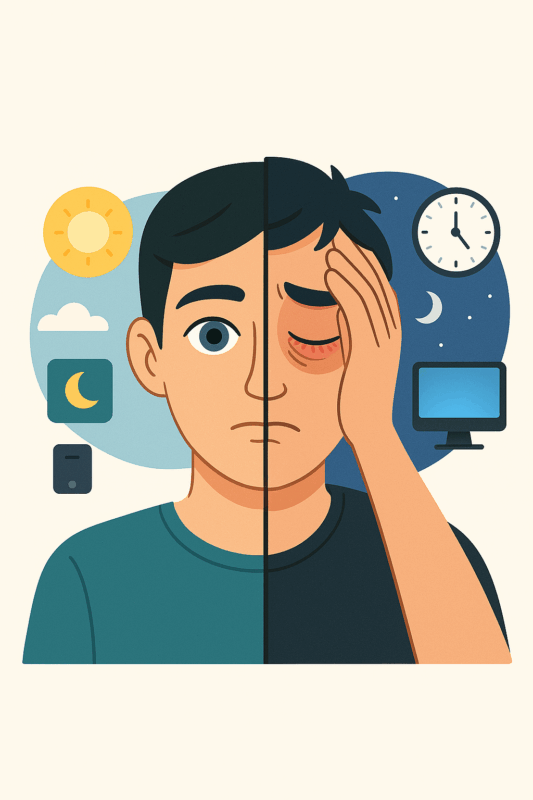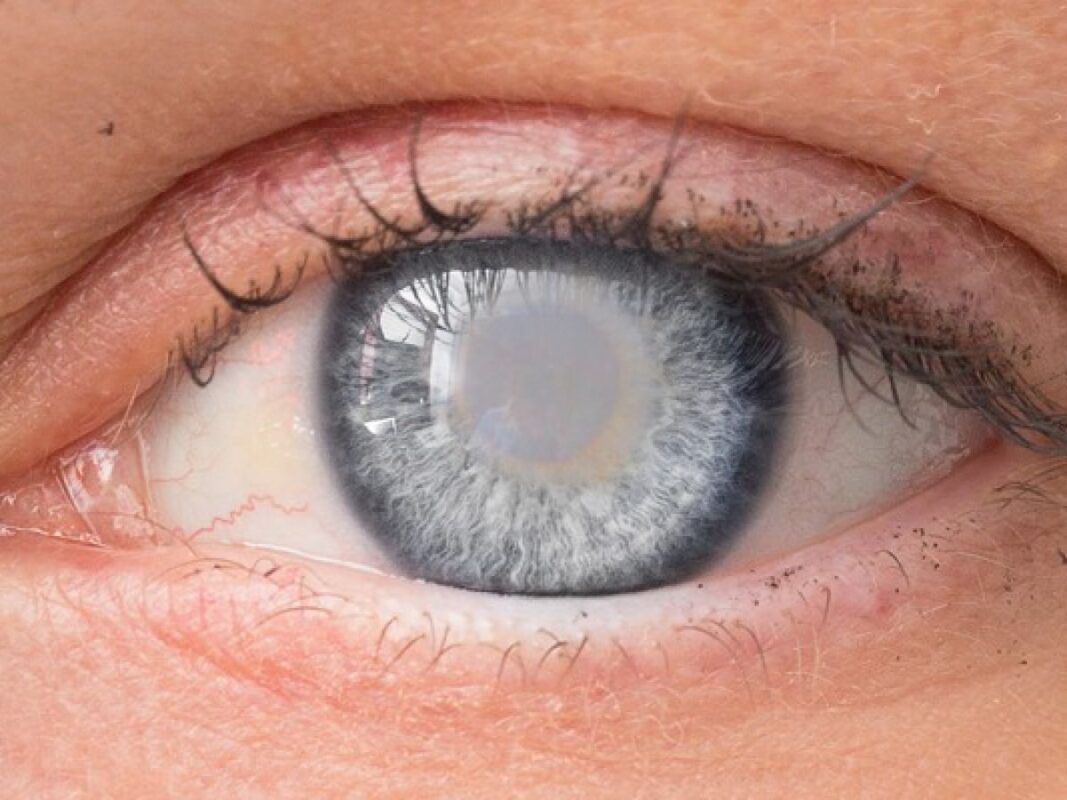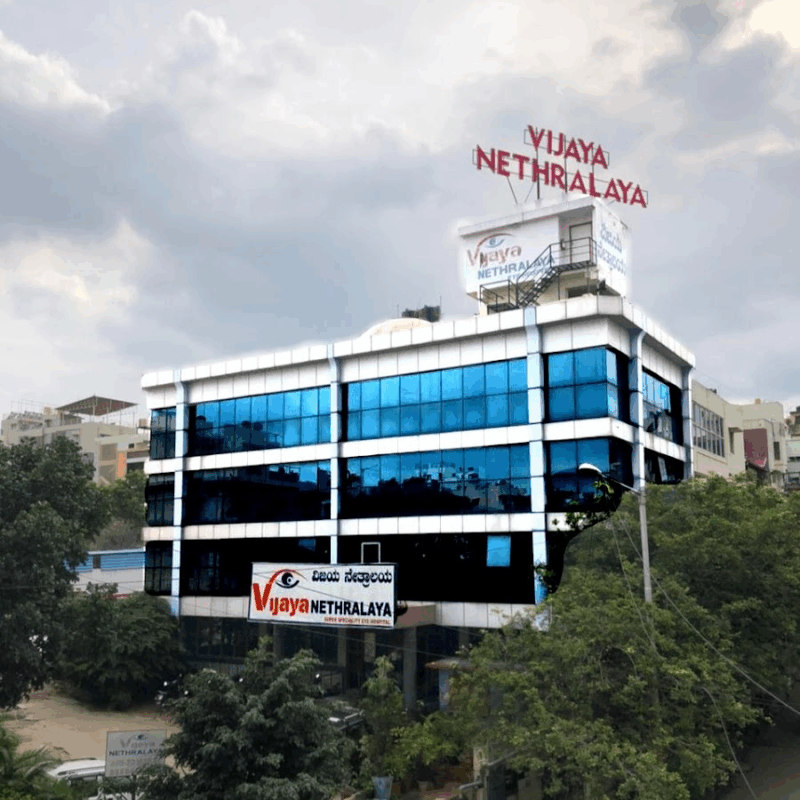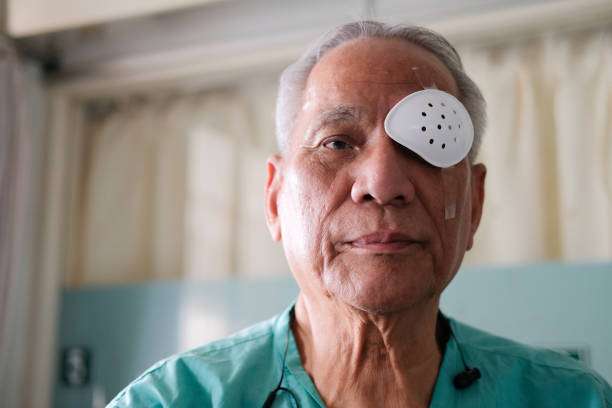Is LASIK Eye Surgery Safe?
LASIK (Laser-Assisted In Situ Keratomileusis) is LASIK eye surgery safe? eye surgery is a widely performed procedure aimed at reducing dependence on glasses or contact lenses by reshaping the cornea to correct refractive errors. While many individuals achieve improved vision post-surgery, it’s essential to understand the associated risks and determine if you’re an ideal candidate.
Understanding LASIK Eye Surgery
LASIK involves creating a thin flap in the cornea, lifting it, and then using a laser to reshape the underlying corneal tissue. This process allows light entering the eye to be properly focused onto the retina, resulting in clearer vision. The procedure typically takes about 10-15 minutes per eye and is performed under local anesthesia.
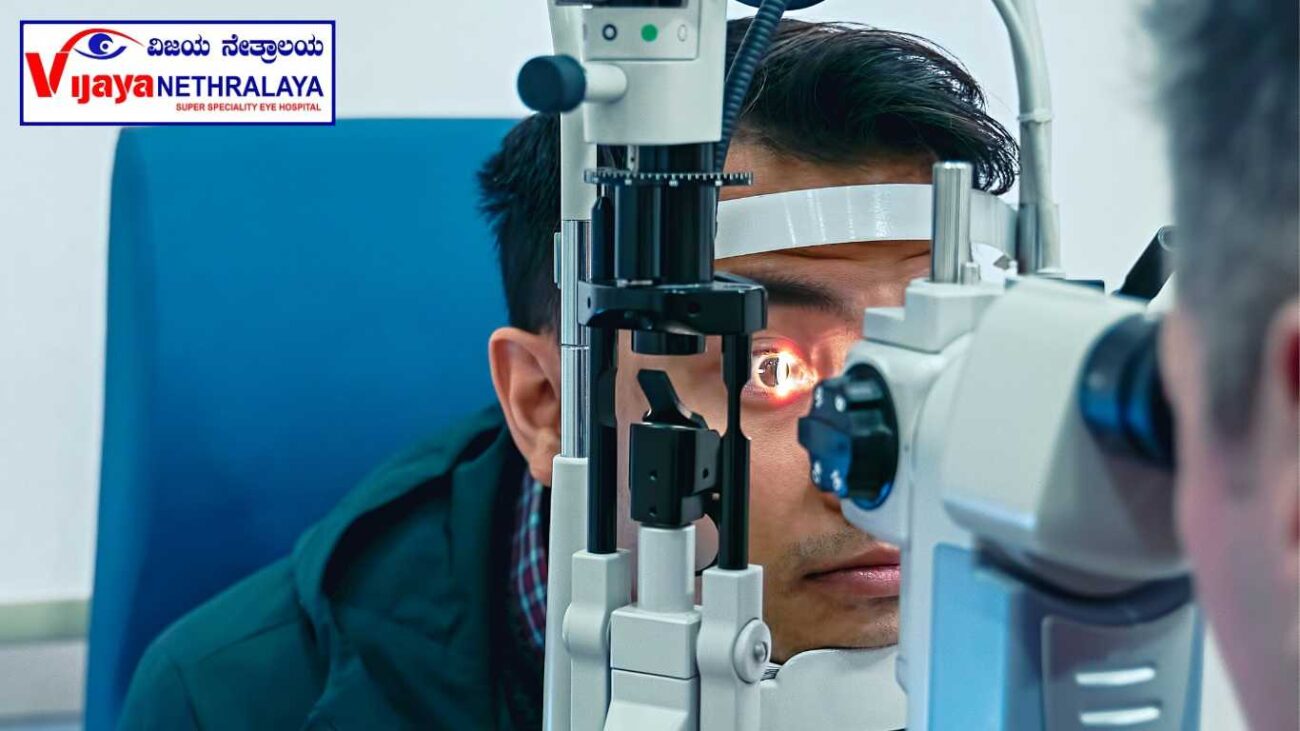
Potential Risks and Side Effects
Like any surgical procedure, LASIK carries potential risks and side effects, including:
- Dry Eyes: Tear production often decreases temporarily after LASIK, leading to dry eyes during the healing process. These symptoms usually improve within a few months, though they may persist longer in some cases.
- Visual Disturbances: Patients sometimes experience glare, halos around lights, or double vision, especially in low-light settings. These symptoms typically fade over time but can remain permanent in rare situations.
- Undercorrections or Overcorrections: Removing too little or too much corneal tissue may prevent achieving the desired vision correction, potentially requiring additional procedures.
- Flap Complications: If the corneal flap isn’t properly repositioned, issues like inflammation or infection can arise
Determining Candidacy for LASIK
Not everyone is an ideal candidate for LASIK. Factors to consider include:
- Stable Vision: Ensure your prescription remains stable for at least a year before undergoing LASIK.
- Eye Health: Conditions like keratoconus, glaucoma, or severe dry eyes can disqualify you from being a suitable candidate.
- General Health: Manage autoimmune diseases or uncontrolled diabetes to promote proper healing and reduce the risk of complications.
Author Details:
Dr. Sushruth Appajigowda holds a prominent position as a Cornea, Cataract, Glaucoma, and LASIK Surgeon in Bangalore. He serves as the chief Cataract and Refractive surgeon at Vijaya Nethralaya Eye Hospital, Nagarbhavi Bangalore. Renowned as one of the finest LASIK surgeons nationwide, he brings with him over 12+ years of experience across multiple LASIK platforms, including ZEISS, ALCON, SCHWIND, AMO, and Bausch and Lomb. Having successfully conducted over 5000 LASIK procedures, Dr. Sushruth holds the title of a Certified Refractive Surgeon and a Fellow of the All India Collegium Of Ophthalmology. Furthermore, he stands as a distinguished speaker at various National and International Forums, using his expertise to guide you in selecting the most suitable procedure based on your health requirements.

http://vijayanethralaya.com/link-in-bio/
Frequently Asked Questions:
Is LASIK eye surgery safe?
LASIK provides a safe option for most suitable candidates. However, like any surgery, it involves risks. Consult a qualified ophthalmologist to evaluate your individual risk factors.
What are the long-term effects of LASIK?
LASIK helps most patients achieve 20/25 vision or better, though some may still need glasses for specific activities. Age-related changes, including presbyopia or cataracts, can impact vision over time.
How long is the recovery period?
You can resume normal activities within a few days after LASIK. However, it may take up to six months for your vision to stabilize fully.
Are there alternatives to LASIK?
You can consider alternatives like PRK (Photorefractive Keratectomy) and SMILE (Small Incision Lenticule Extraction), which offer unique benefits depending on your needs.
Conclusion:
LASIK eye surgery has helped millions achieve improved vision, offering a potential alternative to glasses or contact lenses. However, it’s essential to weigh the benefits against the potential risks and side effects. A thorough consultation with an experienced ophthalmologist can help determine if LASIK is the right choice for you.


